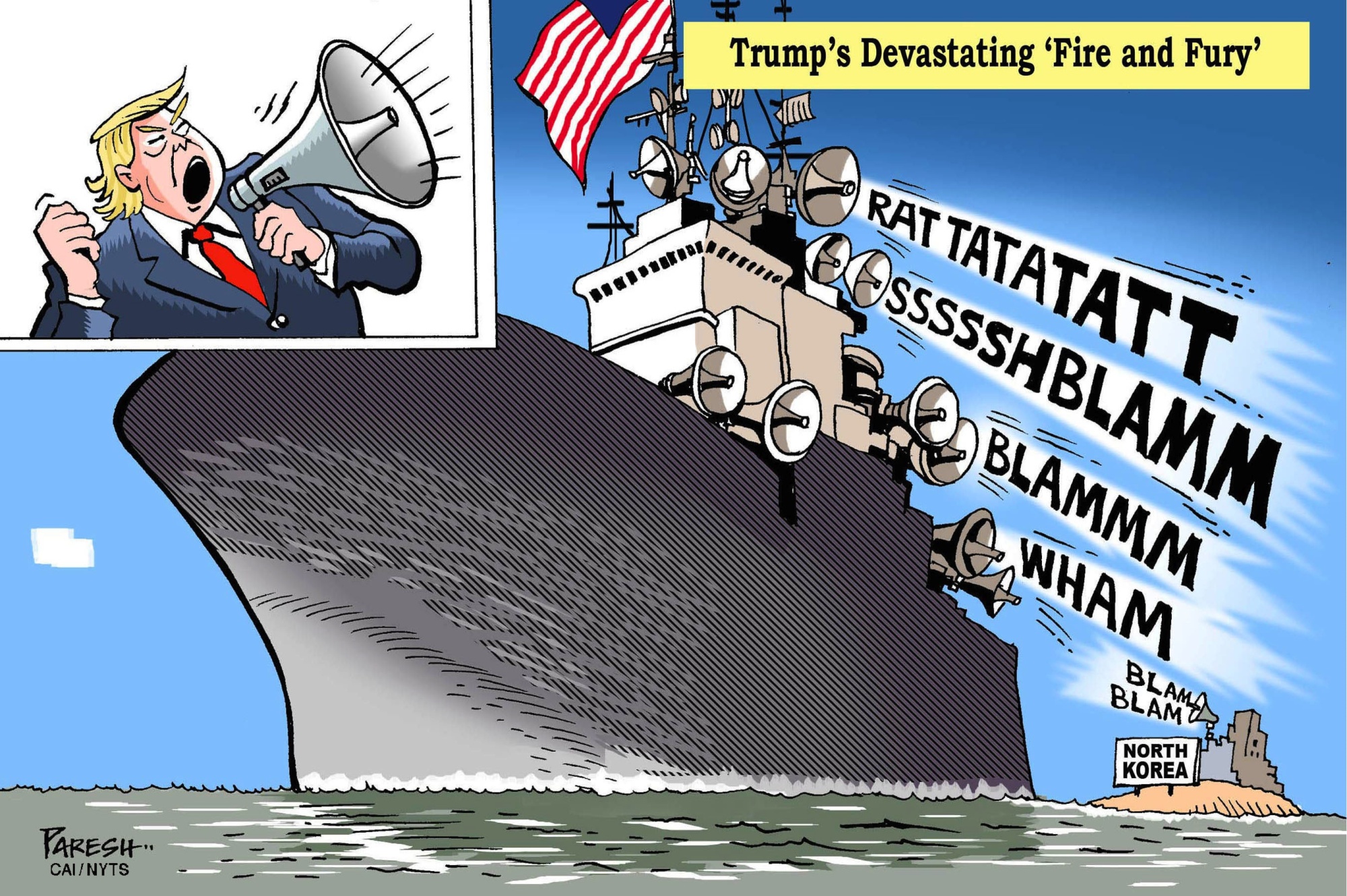U.S. President Donald Trump's move away from his predecessors' approaches to North Korea should be applauded. Both Barack Obama's "strategic patience" and George W. Bush's "pragmatic engagement coupled with credible deterrence" were failed strategies that did little to arrest the country's nuclear and missile development, and did not result in a decrease in the number of missile and nuclear tests.
According to the RAND Corporation, this failure has led to North Korea having "enough fissile material to build between 13 and 21 nuclear weapons; by 2020, it could possess enough for 50 to 100." More disconcerting is the projected development of long-range nuclear-capable missile systems that can be deployed on submarine and road-mobile platforms.
Efforts to step up pressure on Pyongyang to stop its missile program by recruiting and coercing China have been noteworthy. The suspension of coal imports in February, the turning back of coal-carrying vessels at Chinese ports, and critical editorials on North Korea in party mouthpieces such as the Global Times, are evidence that China may be responding to U.S. demands by sending messages to Pyongyang that there are limits to Chinese support. While still insufficient, more cooperation between Beijing and Washington in dealing with Pyongyang is certain to yield more positive results in eliminating or limiting the North's weapons development.



















With your current subscription plan you can comment on stories. However, before writing your first comment, please create a display name in the Profile section of your subscriber account page.